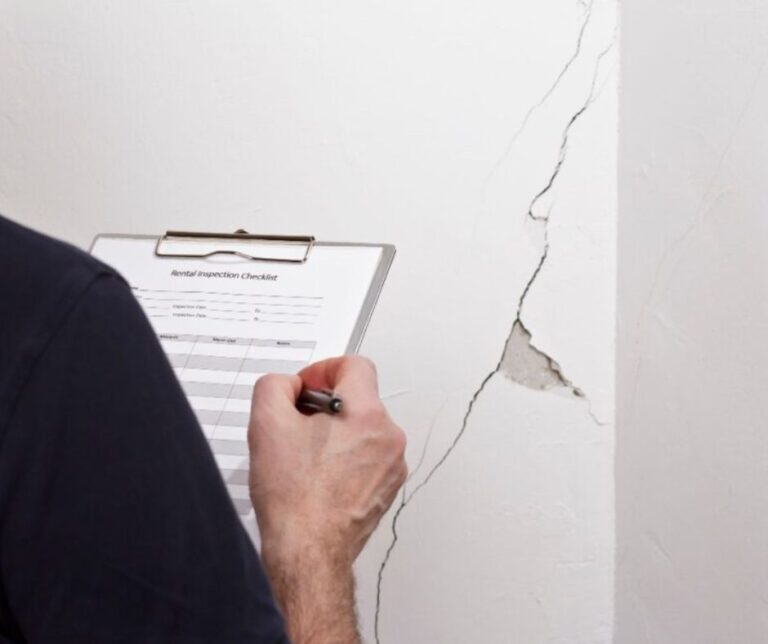
Purchasing a good is not without risks, and one of the most common legal issues that may lead to disputes is the existence of hidden defects. The Civil Code regulates the warranty against hidden defects of the sold good, establishing the buyer’s rights and the seller’s obligations.
What Is a Hidden Defect?
A hidden defect is a flaw that exists at the time of delivery but could not be discovered by a prudent buyer without professional assistance. This defect may render the good unfit for its intended use or reduce its value to such an extent that, had it been known, the buyer would not have purchased it or would have paid a lower price.
Buyer’s Rights
If a good has hidden defects, the buyer has the following options:
- Repair of the defects by the seller or at the seller’s expense;
- Replacement of the good with another of the same kind, but free of defects;
- A proportional price reduction based on the identified defects;
- Contract termination if the defects are severe.
If the seller was aware of the defects at the time of sale, they may also be liable for damages to compensate the buyer for the harm suffered.
Conditions for Warranty Claims
To invoke the warranty for hidden defects, the buyer must meet the following conditions:
- The defect must have existed at the time of delivery.
- The buyer must not have been aware of the defect when the contract was concluded.
- The defect must be reported to the seller within a reasonable time after its discovery.
If the seller intentionally concealed the defect, they cannot invoke exemption from liability.
Limitations of the Warranty
The warranty against hidden defects does not apply in the following cases:
- If the buyer was aware of the defects at the time of purchase;
- In forced sales carried out through public auction;
- If the parties agreed to limit or exclude the warranty, except in cases where the seller knew of the defects and failed to disclose them.
Conclusion
The warranty against hidden defects is an essential protection for buyers, and understanding the legal rights and obligations involved can help prevent costly disputes. If you have purchased a good and suspect it has hidden defects, consult a specialized lawyer to determine the best legal course of action.

